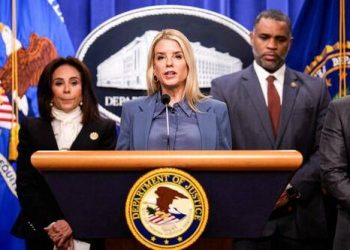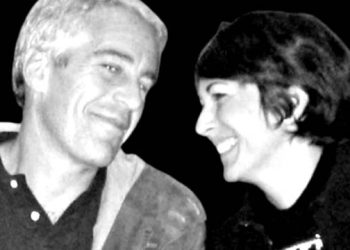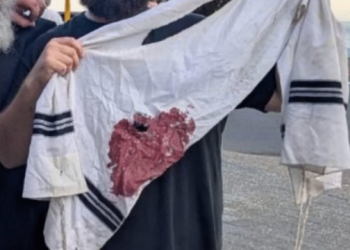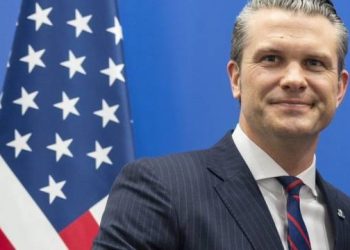In a controversial legal move, Wisconsin Attorney General Josh Kaul has filed ten new charges against Trump’s 2020 legal team, including attorneys Jim Troupis and Ken Chesebro, as well as Campaign Director Mike Roman. The charges, filed in Dane County on December 10, accuse the three of advising Wisconsin’s 10 Republican electors to cast “false” votes for Donald Trump, branding them as “fake electors” despite a long-standing practice of contingent electors in contested elections.
Attorney General Kaul, a former Perkins Coie lawyer with ties to Hillary Clinton’s 2016 presidential campaign and involvement in the now-debunked Steele dossier, narrowly won election as Wisconsin’s top law enforcement official in both 2018 and 2022. His actions have drawn significant criticism from Trump supporters, who see this as an overtly partisan attack on those questioning potential election irregularities.
In response to the charges, Attorney Troupis defended the electors’ actions, stating they were acting as “alternate” or “contingent” electors in the event that Trump’s legal challenges to Wisconsin’s 2020 election results succeeded. “Court records and thousands of provided documents will without question show that Wisconsin’s 10 Republican Electors from 2020 were simply casting a vote as an ‘alternate’… should [Trump] prevail in the legal challenges,” said Troupis.
At the heart of these challenges was evidence of alleged election fraud, which Trump’s team argued warranted a temporary hold on Electoral College certification to allow for further investigation. The goal, according to Trump’s allies, was not to overturn results outright but to request up to 10 days for an emergency election commission to examine the evidence before certification proceeded.
The use of alternate electors is not unprecedented. In 1960, Sen. John F. Kennedy’s campaign deployed alternate electors in Hawaii following allegations of election fraud. A subsequent investigation resulted in the state’s three Electoral College votes being reassigned to Kennedy after Nixon initially received them.
Despite this historical precedent, Kaul’s charges signal a stark departure from how such cases have been handled in the past. Supporters argue that alternate electors in 2020 were operating within their constitutional and legal rights to ensure the election’s integrity. Critics, however, see the legal campaign against Troupis, Chesebro, and Roman as part of a broader effort to suppress dissent and deter scrutiny of the 2020 election.
The legal battles have taken a heavy toll on those targeted. Troupis, Chesebro, and Roman have faced mounting legal fees, repeated court appearances, and personal and professional hardships. “Their lives and livelihoods have literally been destroyed by endless government lawfare, weaponization, and election interference,” one observer noted.
This case highlights a growing concern over the use of government authority to suppress political dissent and punish individuals challenging election outcomes. While the outcome remains uncertain, the implications for future election integrity debates are profound. The question remains: is this about justice or political retribution?
 Telegram is where we really talk. Don't miss out!
Telegram is where we really talk. Don't miss out!








